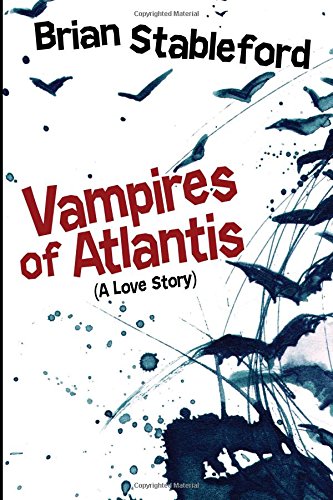| Home |
| Novels |
| Collections |
| Translations |
| Non-Fiction |
| Short Stories |
| Anthologies |

Kirk Markham returns to his home town of Leeds in 1999 after three years at university "down south." In order to support himself while he tries to find a way on to the first rung of a respectable career ladder he gets a job in a call center, which proves more challenging than he had anticipated, both professionally and socially. There he meets and falls in love with goth-girl Sheena, who is not like other girls, to put it mildly. Her uniqueness only makes her more attractive to him, and he makes every possible effort to live up to her hopes and expectations. At first, he treats his necessary involvement with the vampires of Atlantis as an intriguing game of make-believe, at which he considers himself to be a clever player, but as the game becomes increasingly serious, the possibility grows that he might be out of his depth.
Published by Wildside Press in April 2016
ISBN: 978-1479421343

